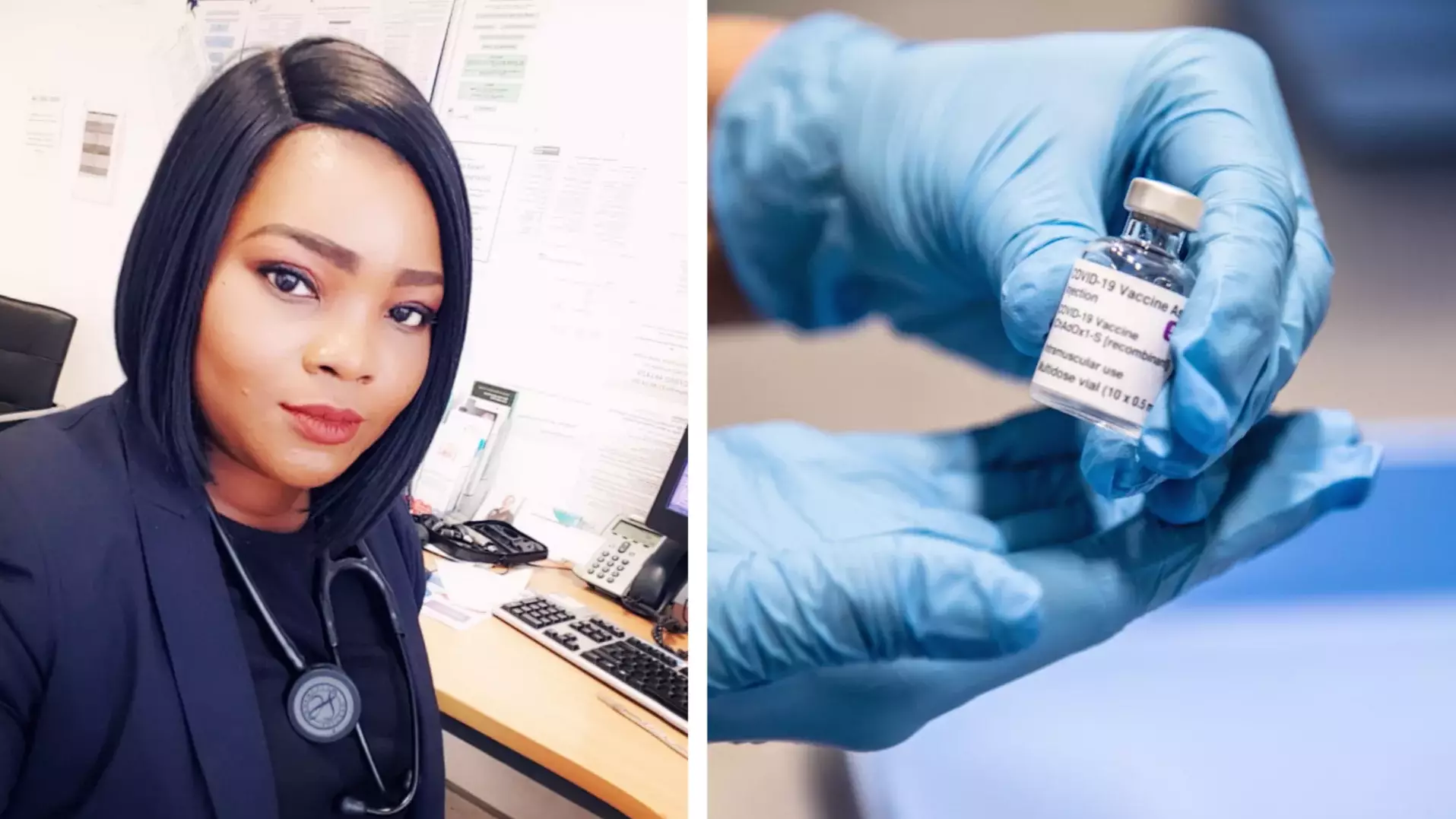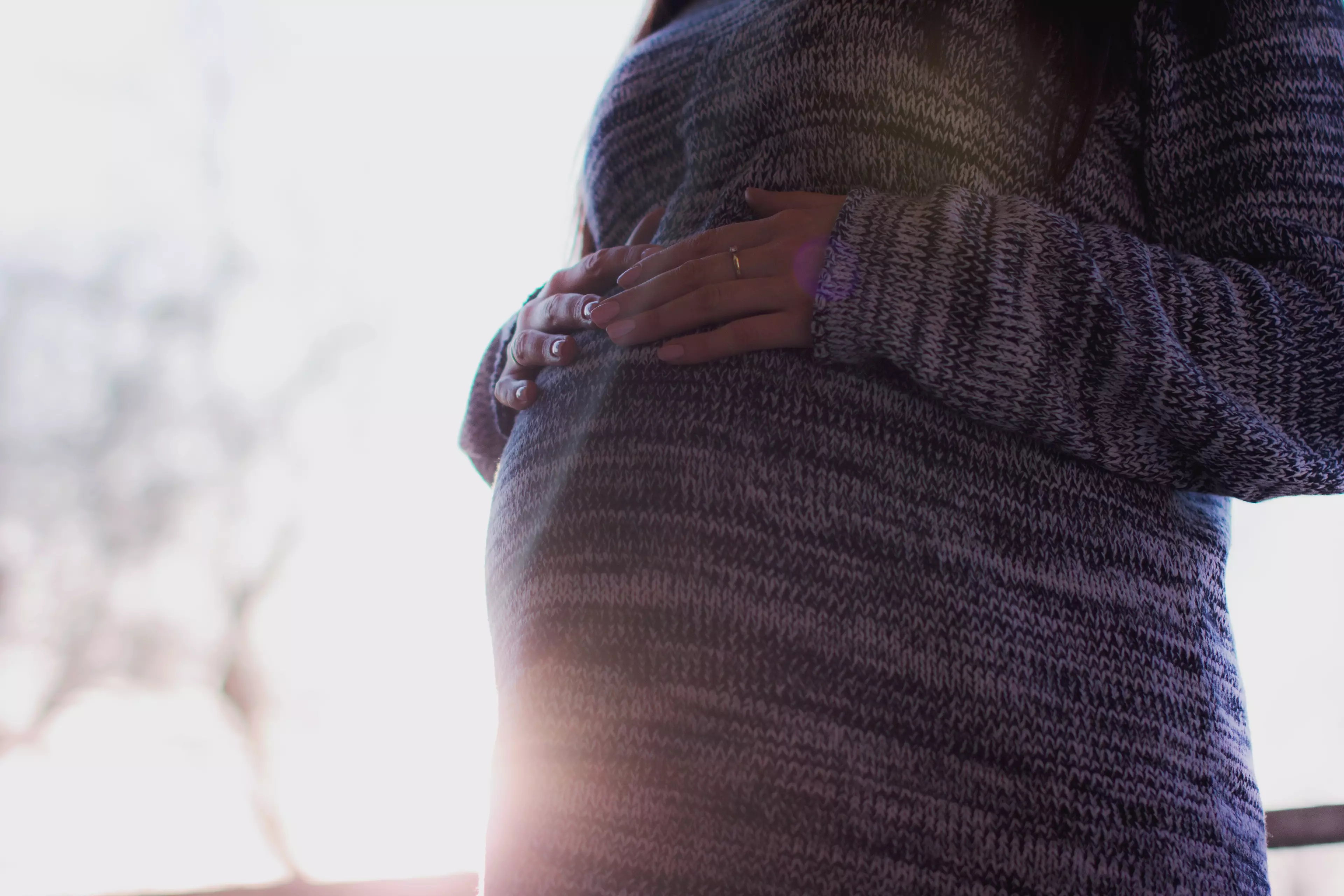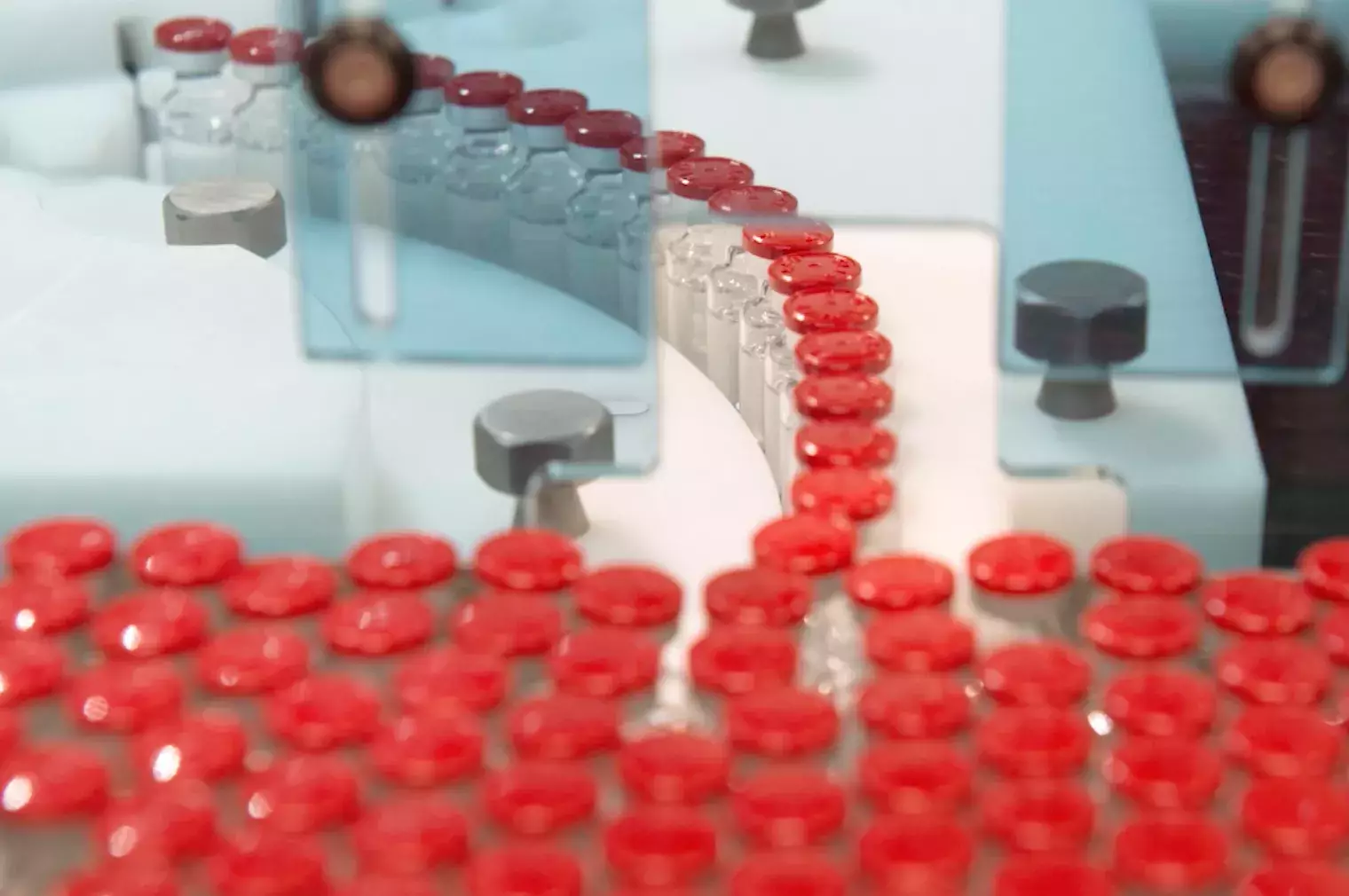
Safety, side effects and fertility: Vaccine Expert answers your questions about the COVID-19 vaccine
The vaccine rollout in the UK is well underway and we can almost smell freedom on the horizon.
With the aim of offering all adults their first dose by the 31st July, those things we've missed so much - pints in the pub, trips abroad and celebrations with friends and family - are slowly becoming a possibility once again.
Advert
As we make this move back towards normality, we're now at the point where younger members of the population are being invited to come and get their vaccine. The vaccine programme is moving through the age groups to those younger and it won't be long before under 40s and under 30s will be offered their jabs too.
We know some people have concerns around safety and any possible side effects of getting the vaccine. To get to the bottom of these worries, we put your questions to Dr Omon Imohi, a GP from Leigh in Greater Manchester who is a member of team halo and a leading voice for women in health.
Here's what she had to say.
Q: Does the COVID-19 vaccine cause side effects?
"Like all medicines, vaccines can cause side effects. Most of these are mild and short-term, lasting no longer than a week, and not everyone gets them. Side effects may include having a sore arm, feeling tired or achy, having a headache, or possibly feeling sick. This is very normal and shows the vaccine is teaching your body's immune system how to protect itself from the disease.
Advert
"It's important to remember that these common side effects are much less serious than developing coronavirus or the complications that are associated with it."
Q: Does the COVID-19 vaccine affect fertility? And should you have it if you're pregnant?
"I know that lots of people are asking whether the approved COVID-19 vaccines are safe if they are trying for a baby. I can assure you that there's no evidence that the vaccine has any effect on your chances of becoming pregnant.
"The Royal College of Midwives and Royal College of Gynaecologists have said there is not a plausible way in which there could be an effect and there's no need to avoid pregnancy after vaccination.
Advert
"If you're pregnant, you will be offered the COVID-19 vaccine when you're eligible for it. You can also have the COVID-19 vaccine if you're breastfeeding. You should speak to a healthcare professional before you have the vaccination and they can answer any questions that you have and can talk through the benefits and risks with you. I want to reiterate that the vaccine cannot give you or your baby COVID-19!"

Q: How likely am I to get a blood clot?
"All medicines, even pain killers, carry a risk of rare but serious side effects but we still continue to use them. The European Medicines Agency committee and the UK medicines regulator, the MHRA, have emphasised that the reported combination of blood clots and low blood platelets is very rare, and the overall benefits of the vaccine in preventing COVID-19 still far outweigh the risks of having any such side effects.
Advert
"To put it in perspective, 26.4 million doses of the Oxford AstraZeneca vaccine had been given in the UK by 21 April 2021 and 209 cases of rare blood clots have been reported. This means that the overall chance of someone who has had the vaccine getting these blood clots is extremely rare and approximately 10 people in a million.
"Even though your chances of developing a blood clot after receiving the AstraZeneca vaccine is very low, you should be aware of the symptoms which include shortness of breath, chest pain, leg swelling and persistent abdominal pain.
"The latest advice from the JCVI, the Joint Committee for Vaccination and Immunisation, which makes recommendations concerning vaccinations, has advised that pregnant women should be offered the Pfizer or Moderna vaccines as a preference. This is based upon real-world data from the United States where these vaccines have been offered and over 90,000 pregnant women have received these vaccines.
"The JCVI has also advised that it is preferable for adults under 40 without underlying health conditions to receive an alternative to the Oxford/AstraZeneca vaccine where available, and only if this does not cause substantial delays in being vaccinated."
Q: Should I be worried that the vaccine was made really quickly?
"No, this is not something to worry about. There are extensive checks and balances required at every stage of the development of a vaccine, and this is no different for a COVID-19 vaccine. Regardless of the speed at which the vaccine has been rolled out, no stages in the development process have been skipped. All vaccines are tested through three phases of clinical trials to ensure they meet the gold standard.
Advert
"The vaccines have been made quickly thanks to the global effort of scientists across the world coming together and starting their work as soon as coronavirus was identified back in December 2019."

Q: Can I still get or spread COVID even after being vaccinated?
"All of the vaccines in use in the UK protect you from coronavirus. There is now growing evidence that vaccinated people are less likely to be infected with COVID-19, including infection without symptoms, which means vaccinated people are less likely to pass the virus to others.
"It's still important to follow the guidance once you've had your vaccine, following the advice of hands, face, space until such times that we're advised it's safe to relax these rules.
"Whilst no vaccine offers full protection, vaccinated people are even more unlikely to get serious COVID-19, to be admitted to hospital, or to die from it. I therefore encourage everyone to get their vaccine when they become eligible."
The NHS will let you know when it's your turn to have the COVID-19 vaccine, so please do not to contact them for a vaccination before then. Every vaccination gives us hope so make sure you get yours when notified. www.nhs.uk/covidvaccine
Featured Image Credit: